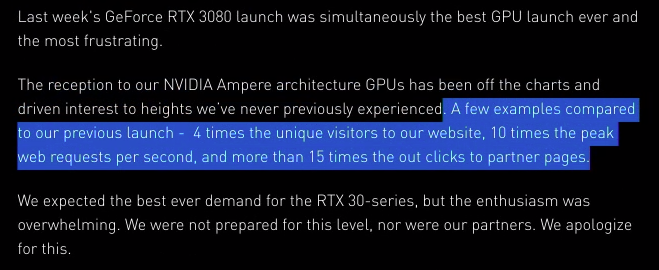
1/ An ongoing thread about all the interesting announcements I am hearing from @nvidia this week...
2/ "AI software analyzes the key facial points of each person on a call and then intelligently re-animates the face in the video on the other side. [...] reduce video bandwidth consumption down to one-tenth of the requirements of the H.264 streaming video compression" 

3/ Demos of futuristic Zoom calls here that will blow your mind:
• • •
Missing some Tweet in this thread? You can try to
force a refresh






